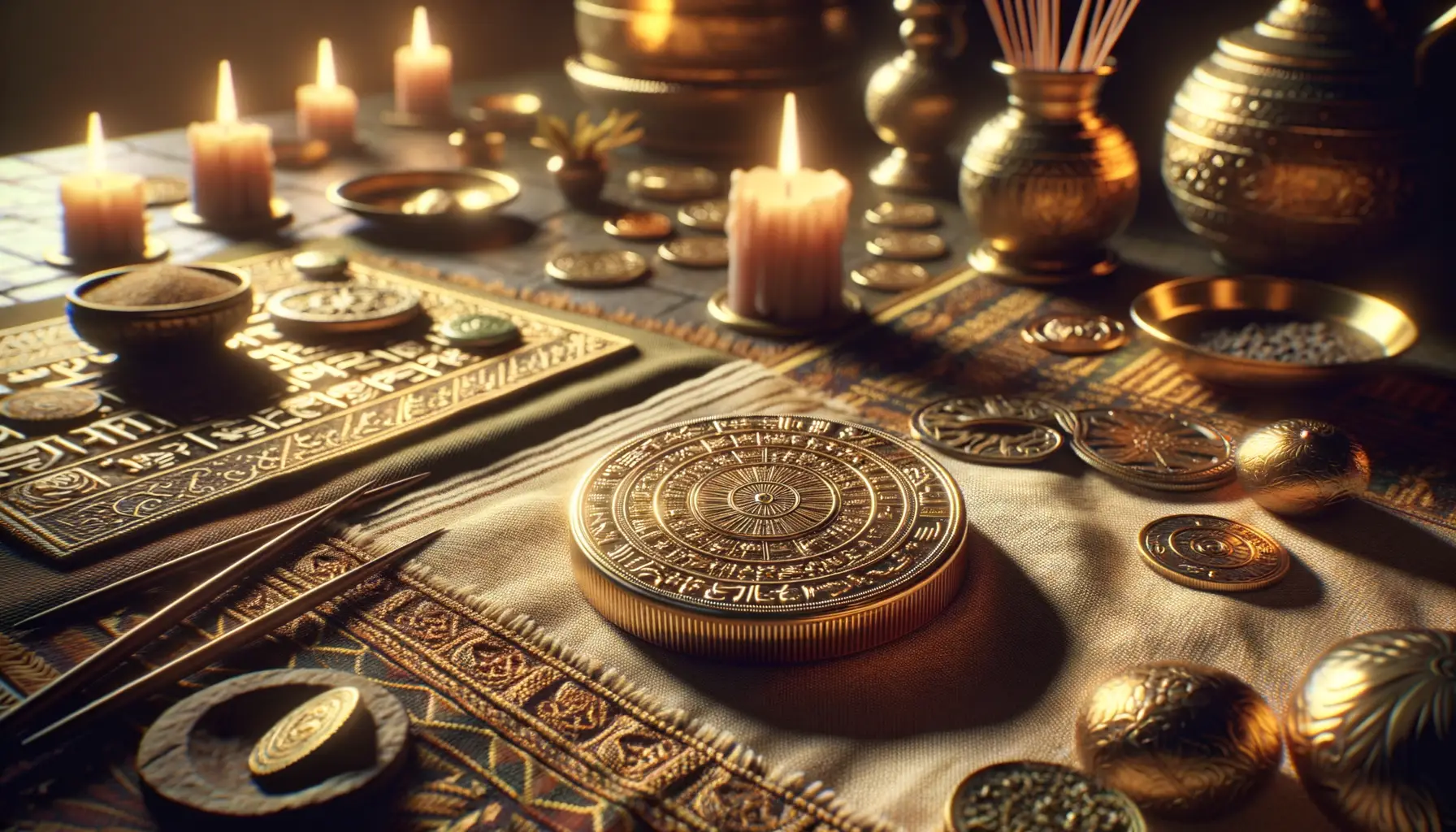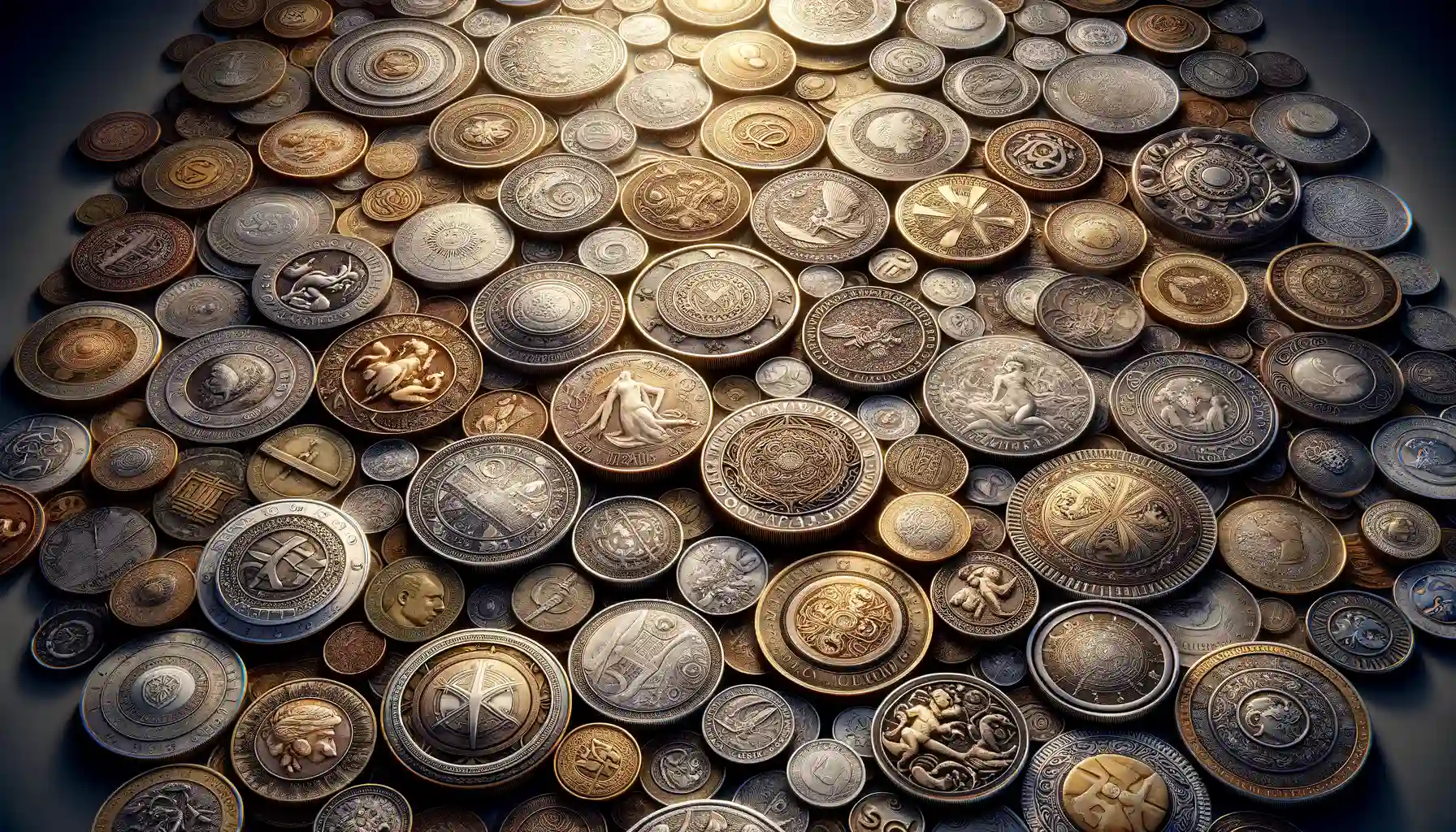Understanding the Basics of Coin Collecting
Diving into the World of Coins: The Basics
So, you’ve caught the coin-collecting bug? Welcome to a world where history sits in the palm of your hand! Whether it’s an ancient Roman denarius or a shiny state quarter, each coin tells a story. But before you start flipping coins (pun intended), there are a few fundamentals to get under your belt.
First, every coin collector learns one golden rule: not all coins are created equal. Sure, that random penny in your couch might be sentimental, but collectors focus on factors like rarity, condition, and historical value. Imagine owning a 1909-S V.D.B. Lincoln cent — to some, it’s worth thousands; to others, a gateway to another era.
Here’s a quick breakdown of what to look for in a coin:
- Date: Older coins often scream “hidden treasure.” Look for “key dates” — years with lower mintages or unique features.
- Mint Mark: That tiny letter (D, S, P) can mean a world of difference in value.
- Condition: Pristine coins, known as “uncirculated,” hold much higher value than worn ones.
Coin collecting is like uncovering puzzles from the past. You’re not just holding metal — you’re holding time itself. Ready to dig deeper? Let’s keep going!
How to Start Your Coin Collection
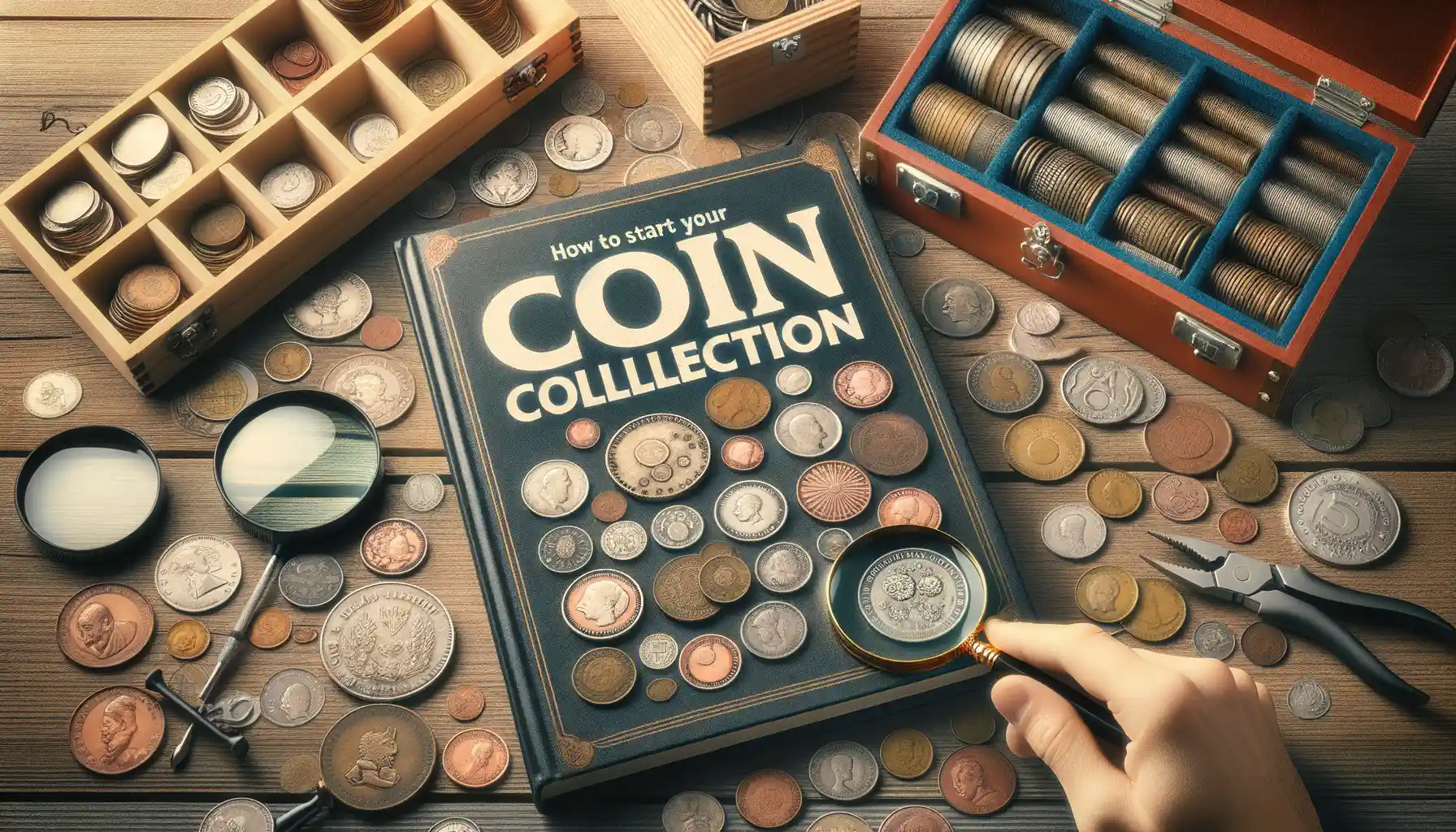
Find Your Inspiration and Define Your Purpose
Ready to dive into the fascinating world of coin collecting? First, pause for a moment. Ask yourself: What sparks your curiosity? Some collectors are enchanted by coins from specific countries, while others are drawn to ancient designs or coins with historical tales to tell. For instance, imagine holding a weathered 1943 steel penny—a small token from World War II! By identifying what excites you most, you’re not just beginning a collection; you’re creating a journey tailored to your passions.
Where to Begin: The Hunt for Your First Coins
Getting started doesn’t have to cost a fortune or involve rare discoveries (yet!). Here’s how to take your first steps:
- Raid your pocket change: Check your wallet, car cup holder, or even your grandma’s coin jar. You might stumble upon older or unique coins hiding in plain sight.
- Visit local shops: Coin shops are treasure troves where friendly dealers can guide you through affordable finds and interesting stories.
- Start small online: Platforms like eBay often offer starter bundles of mixed coins that won’t break the bank.
Every great collection starts with that thrilling “first find.” Let it be something meaningful—and trust me, this could be the start of a lifelong love affair with history in your hands.
Evaluating and Storing Your Coins
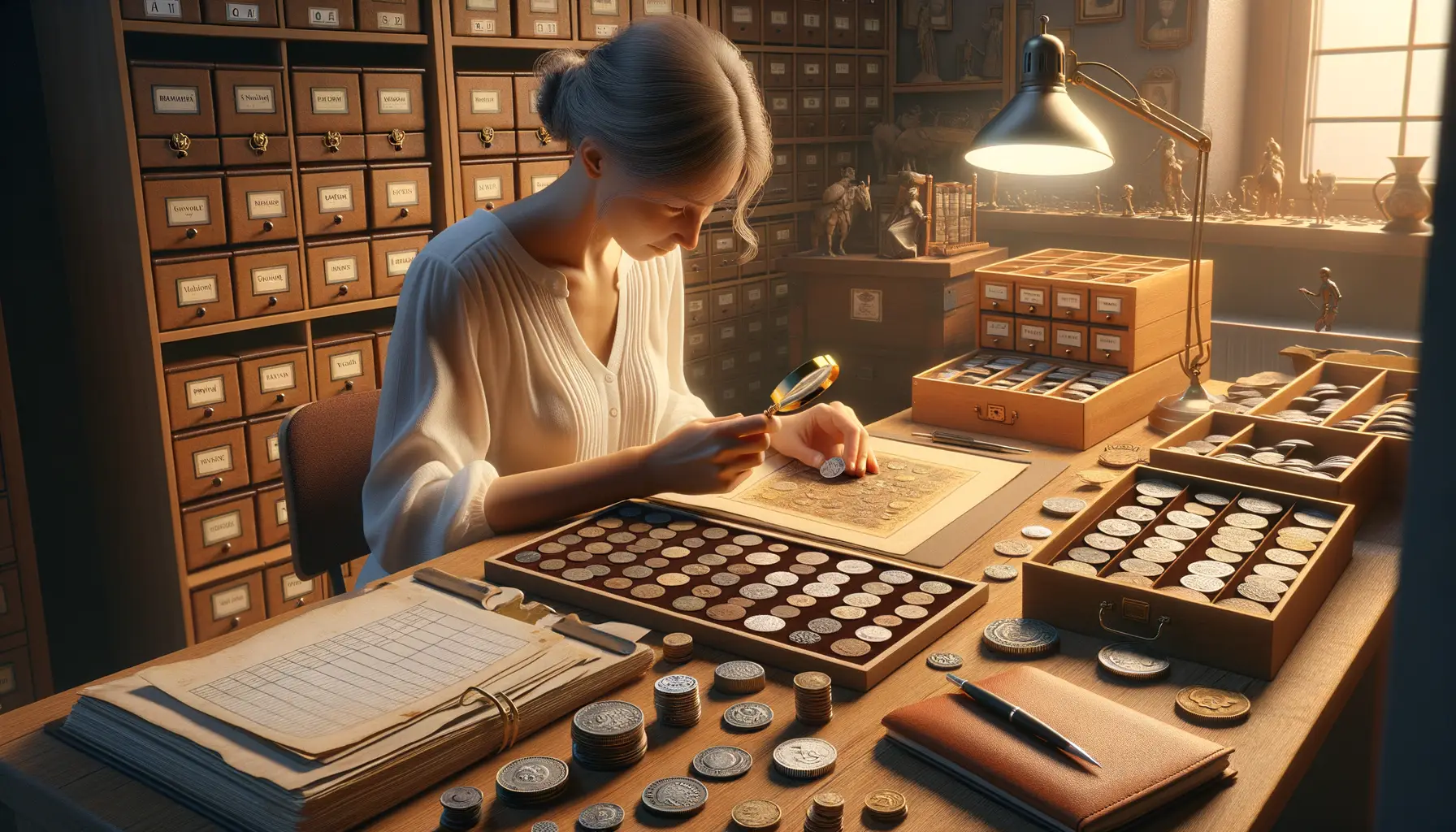
Judging the True Worth of Your Coins
Evaluating your coins is a bit like uncovering hidden treasure—you never know when something truly remarkable might lie beneath the surface. The key? Pay attention to three vital factors: *condition*, *rarity*, and *demand*. A coin in pristine condition, often called “mint state,” can hold significantly more value than one that’s been through the wringer.
Look closely: Does your coin have sharp, clean details? Are there surface scratches or signs of wear? These tiny nuances can make all the difference. And don’t forget rarity—it’s not just about age! For example, a 1943 Lincoln penny made of steel (thanks to wartime copper shortages) is rare and highly sought after.
A pro tip? Consult a professional grading service, like PCGS or NGC. They’ll help you assign an official grade to your coins, which can boost their value and appeal in the collector’s market.
Safeguarding Your Collection for the Long Haul
Letting your coins sit unprotected is like leaving your favorite book out in the rain—it’s bound to end in regret. Coins are whisper-sensitive to scratches, oil from your fingers, and even changes in temperature. That’s why proper storage is non-negotiable.
Here’s how to keep them safe:
- Coin albums or folders: Great for displaying your collection while keeping each coin snugly in its place.
- Airtight capsules: Perfect for rare or particularly valuable coins; they keep out air and moisture.
- Safety deposit boxes: For the crème de la crème of your collection, offering ultimate security and peace of mind.
Oh, and remember—never clean your coins with household cleaners or polish! It might seem tempting, but it can strip away the very patina that makes them special. Treat them as you would a cherished family heirloom: with patience, reverence, and care.
Finding Rare and Valuable Coins
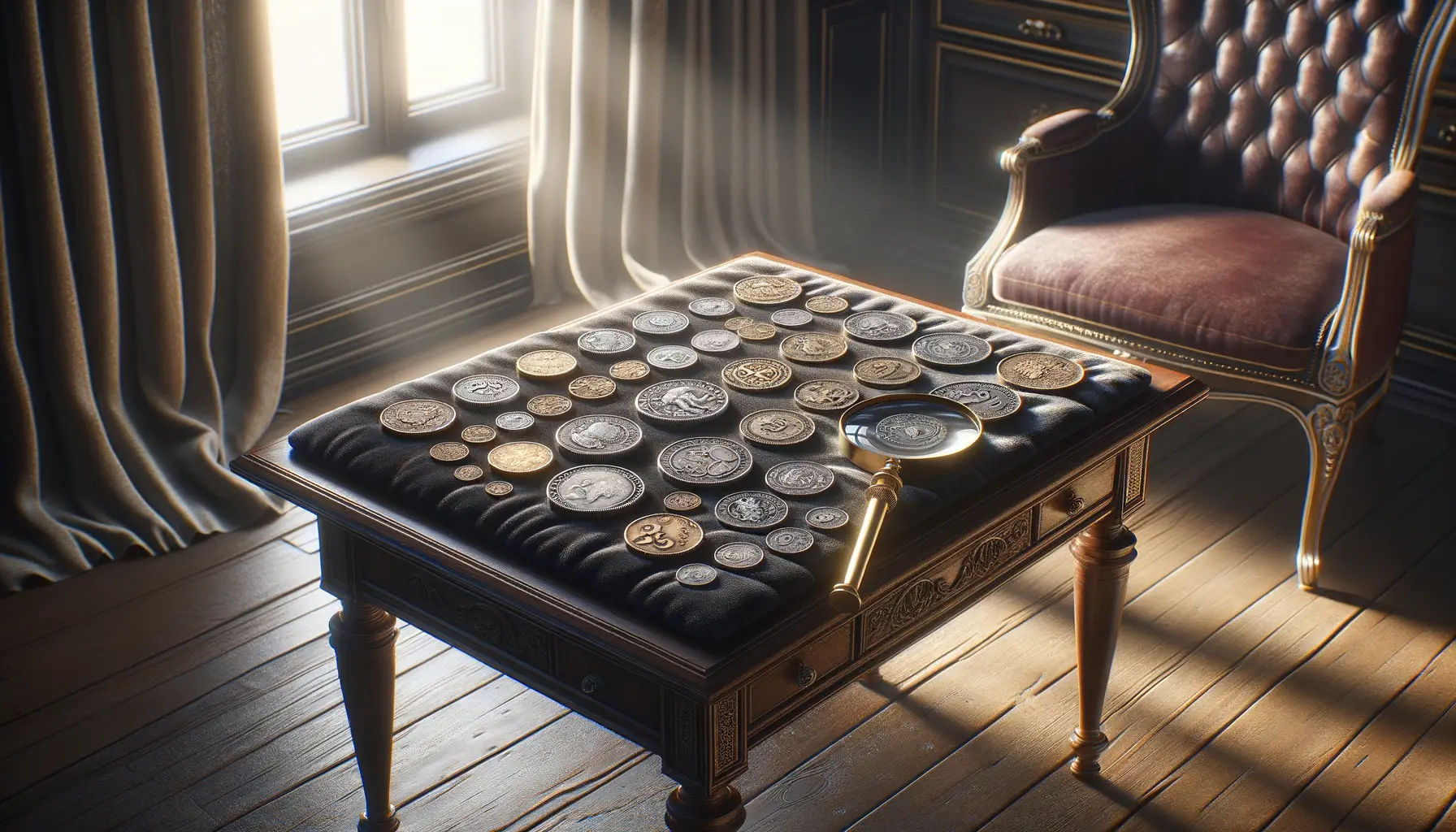
Unlocking Hidden Treasures in Everyday Places
Imagine holding a coin that’s worth thousands of dollars—something that was once rattling around someone’s pocket like spare change. The thrill of finding rare and valuable coins lies in the chase, and trust me, they’re closer than you think. Your next treasure might be hiding in your grandfather’s old jar of pennies or even in your weekly grocery change.
Start small! Here are some tips to kickstart your hunt:
- Check for errors: Coins with minting mistakes—like an off-center strike or double lettering—are collector goldmines.
- Look for age and condition: A shiny 1916 Mercury dime could be worth significantly more than its dull counterparts.
- Focus on rarity: Limited-edition commemorative coins or those with historical significance can hold immense value.
Where Uncommon Finds Await
Don’t underestimate the power of unconventional hunting grounds. Scour flea markets, estate sales, and even online auctions. Many sellers don’t realize their grandmother’s dusty coin stash includes a rare 1955 doubled-die penny! And here’s a pro tip: Ask local banks if they have rolls of coins you can search through—it’s like opening a modern-day treasure chest. Keep your eyes peeled; treasures are hiding in plain sight, just waiting for you to unearth them.
Tips for Growing and Maintaining Your Collection
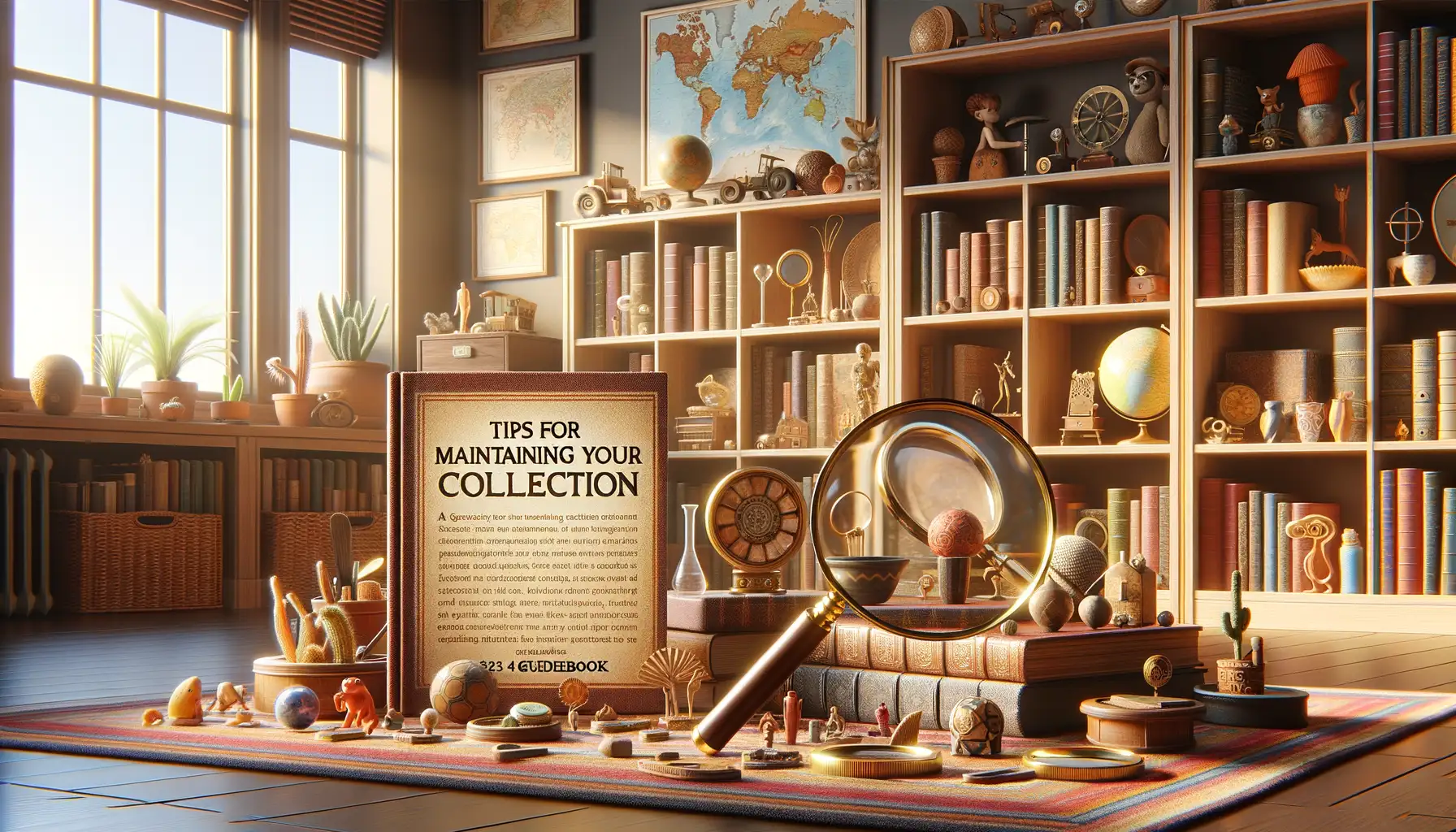
Unearthing Hidden Gems
Every coin has a story, and half the thrill of collecting is uncovering those tales. To grow your collection, think like a treasure hunter. Scour flea markets, estate sales, or even your grandmother’s attic—places where hidden gems often lurk unnoticed. Don’t overlook websites and online auction platforms either; they’re goldmines (pun intended!) when used wisely.
Not sure where to start? Here’s a quick list of ideas:
- Join a local coin club – you’ll meet seasoned collectors who may trade or sell coins.
- Keep an eye on banknote swaps and international fairs; they’re packed with unique finds.
- Ask friends or family for foreign coins—they might have treasures lying around from trips abroad.
Keeping Your Collection Pristine
Once you’ve built a decent pile of shiny memories, it’s time to protect them like the precious jewels they are. Store them in acid-free holders, coin albums, or capsules designed specifically for collectors. Keep them in a cool, dry place to avoid tarnish and corrosion.
A tip: Do NOT grab your coins barehanded! Oils from your skin can damage the surface over time. Use cotton gloves, or handle them by the edges like they’re made of glass. Your future self—and their resale value—will thank you.

